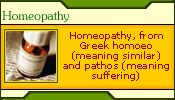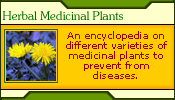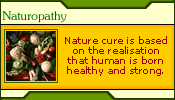|
Lecithin is the most abundant of the phospholipids. It is a fatty
food substance, which serves as a structural material for every
cell in the body. It is an essential constituent of the human brain
and nervous system. It forms 30 per cent of the dry weight of the
brain and 17 per cent of the nervous system.
Lecithin is also an important component of the endocrine glands
and the muscles of the heart and kidneys. It makes up 73 per cent
of the total liver fat. Nervous, mental or glandular overactivity
can consume lecithin faster than its replacement. This may render
a person irritable and exhausted. It is, therefore, of utmost importance
to add lecithin to the diet, if the body's own supply decreases
as in old age or working under stress.
Lecithin is derived from the Greek Word, likithos, meaning egg
yolk. Egg yolk is a rich source of lecithin, and also a rich source
of cholesterol. This combination makes it possible for the lecithin
to emulsify the cholesterol. Vegetable oils, whole grain cereals,
soyabeans, liver and milk are other rich sources of lecithin. The
cells of the body are also capable of synthesizing it as needed,
if several of the B vitamins are present. Since these B vitamins
are generally removed when grains are refined, people who eat exclusively
white flour products are lacking them.
|


















